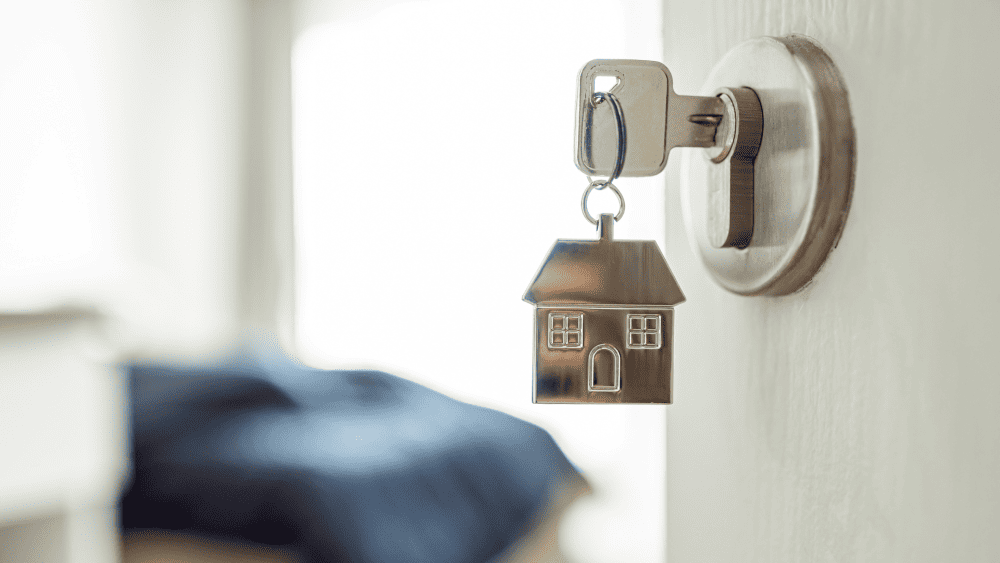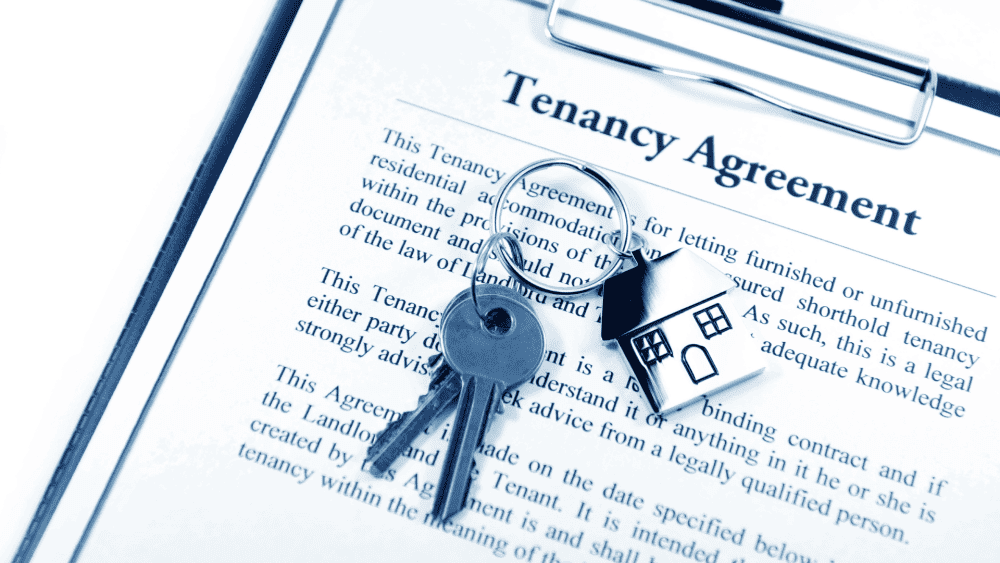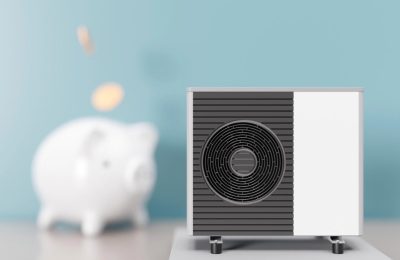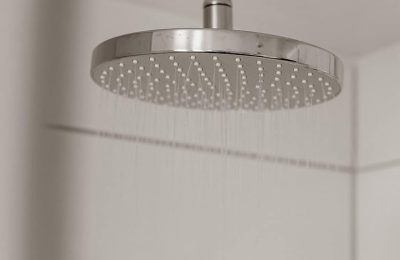Earlier this year, the Scottish Government announced a series of updates to the existing Repairing Standard that will be enforced from 1st March 2024. The Repairing Standard covers the legal and contractual obligations of private landlords to ensure their property or properties meet the minimum physical standard of repair.
As landlords and letting agents get prepared to implement the new updates, there are important parts concerning common areas of buildings that will require collaboration and consent amongst owners to achieve.
Safe access to common parts
The existing duty to ensure that the structure and exterior of the house is in a reasonable state of repair and in proper working order will be amended to specify that where a private rented house is a flat in a tenement, the tenant must be able to safely access and use any common parts of the tenement, such as common closes. This also includes access to the property, common stairs, common lifts, bin stores, and drying areas.
To comply with this, there must be:
- Adequate lighting, so that tenants are not at risk of falling or of criminal attack;
- Paths and ramps are safe underfoot;
- Common spaces are kept clear of obstructions, that would affect their use or impede evacuation in the event of fire;
- Common spaces are kept reasonably clean and tidy;
- Any mechanical component required to make use of the space must be in good working order.
Safe and secure common doors
The existing duty to ensure fire safety in private rented houses will be amended to specify that common doors must be secure and fitted with satisfactory locks. This will be supported by Scottish Government guidance which will specify that locks must allow users to open them from the inside without a key so that they do not inhibit exit in the event of a fire.
In order to be secure, all common doors must be lockable, and the common front door must have a secure entry system that:
- informs the tenant when a visitor or delivery has arrived;
- allows the tenant to open the common front door remotely.
A secure entry system is not required for a block of three or fewer flats where all occupiers have easy sight of, or close access to the common front door.
Common front doors must have:
- Mortice locks (any number of levers); Rim-type deadlocks; Yale locks; Key operated multi-point locks; OR Electronic/magnetic locks
Common rear doors must have:
- Locks of the same type as required for common front doors; OR one or more substantial bolts secured from the inside
To meet the requirement for emergency exit, the landlord must ensure that the type of emergency exit locks fitted allow tenants to open them from the inside without a key, so that they do not inhibit exit in the event of a fire.
Consent to work on common parts
Section 16 of the Housing (Scotland) Act 2006, which deals with exceptions to the landlord’s repairing duty, is amended to make it clear that a private rented house which is a flat in a tenement does not fail the Repairing Standard if work otherwise needed to comply with the standard, cannot be carried out because a majority of owners in the tenement have refused consent to carry out the work.
Most landlords and letting agents will have experience of dealing with common repairs in a tenement building and know that it can be a challenging task. Knowing that compliance with the Repairing Standard won’t be affected where it’s proving difficult to achieve majority consent will be welcome.
How to prepare
Here are some top tips to get prepared for the updates.
- Getting to know your building is important; carrying out regular checks of the common areas will allow you to assess what level of compliance you are at and if work is required.
- If there is a factor who manages the common areas on behalf of owners, they should be advised of these updates so they can assist in organising work that may be required.
- Landlords are encouraged to make sure that they know who the other co-owners are, that they have up-to-date contact information, such as email addresses and telephone numbers, and that they agree on regular communication to discuss the maintenance of the building and to make decisions if work is required.
- Obtaining a copy of the title deeds to the property will be helpful to understand the rules and responsibilities as well as what is common property, how decisions are to be made, and importantly, the share split of costs. If the title deeds are silent or unworkable, owners should refer to The Tenements (Scotland) Act 2004 for guidance.
All tenement flat owners, including landlords, have maintenance obligations to keep the building in reasonable condition. Understanding the proper procedures to follow when it comes to organising common repairs, which include informing owners, making decisions, and paying the correct share for work carried out, is imperative to achieving a safe and sustainable building, and compliance with the Repairing Standard. To find out more about how to organise common repairs, check out this article.













